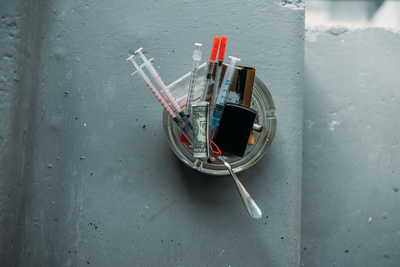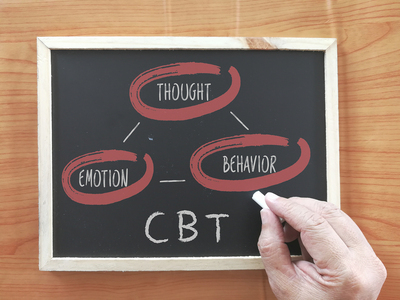Heroin use in the US has been on the rise for more than a decade, according to the National Institute on Drug Abuse (NIDA). In fact, just under 948,000 Americans reported using heroin according to the most recent figures from 2016, and countless others will begin using this lethal drug in the near future. The arrival of fentanyl on the scene, meanwhile, further increases heroin’s massive public health threat because of its unparalleled link to overdoses.

Heroin’s pull is strong, but today’s substance abuse treatment programs are stronger.
Given the tremendous scope of heroin use in this country, it’s likely that you or someone you love may be struggling with addiction. If you’re looking to stop using and regain control of your life, you may be wondering about which treatment approach is right for you. Here’s a closer look at various treatments for heroin addiction, along with one particularly effective path to recovery.
Treatments for Heroin Addiction
Because heroin addiction is a multi-faceted disease, it makes sense that treatment is also multi-faceted. There are many different treatments for heroin use disorder, aimed at normalizing brain function and behavior and facilitating positive changes across everything from employment rates to criminal behavior.
Heroin is associated with many severe detoxification and withdrawal symptoms, including pain, diarrhea, nausea, and vomiting. The value of pharmacological treatment in managing these symptoms and alleviating cravings which might otherwise lead to relapse cannot be overstated.
In addition to non-opioid medications like FDA-approved lofexidine which are used for reducing withdrawal symptoms, other medications directly treat opioid use disorders. These include opioid receptor-activating agonists like methadone; partial agonists, which replicate the function of agonists but on a smaller level; and antagonists, which interfere with the effects of opioids by blocking the receptor.
Different addicts may require different medications depending on their unique medical needs. Because of this, opioid medications should be administered under the supervision of experienced medical practitioners at approved inpatient and outpatient treatment programs. It’s also important to note that opioid detoxification can occur in several ways, including through a rapid detoxification process under general anesthesia; a stepped rapid detoxification during which the patient is alert and gradually detoxified and stabilized; and outpatient detoxification.
Beyond Medication
Medication is just one part of the heroin addiction recovery process. Also effective are behavioral therapies. Available for delivery in both outpatient and residential environments, behavior therapies support healthy living by encouraging patients to change their expectations and behaviors pertaining to heroin use. This also includes guiding patients toward coping skills for the stressors which might once have prompted them to make unhealthy choices, such as using heroin.

Cognitive behavioral therapy (CBT) can address the roots of heroin addiction in order to support true recovery.
According to NIDA, “Although behavioral and pharmacologic treatments can be extremely useful when utilized alone, research shows that for many people, integrating both types of treatments is the most effective approach.”
In other words, for heroin addicts looking for the clearest path to recovery, the dual use of both medicine and behavioral therapies is the most promising approach.
Furthermore, while it’s possible to detox on your own or as an outpatient, it’s a dangerous process with a high chance of relapse. Because of this, many experts recommend residential treatment — not only to increase the chances of success but also to ensure the safest recovery from addiction to a drug-free life. One rehabilitation center that’s been giving new hope to addicts — and the people who love them — for more than 50 years is St. Louis drug rehab center Harris House. Call us today to learn about admissions.







